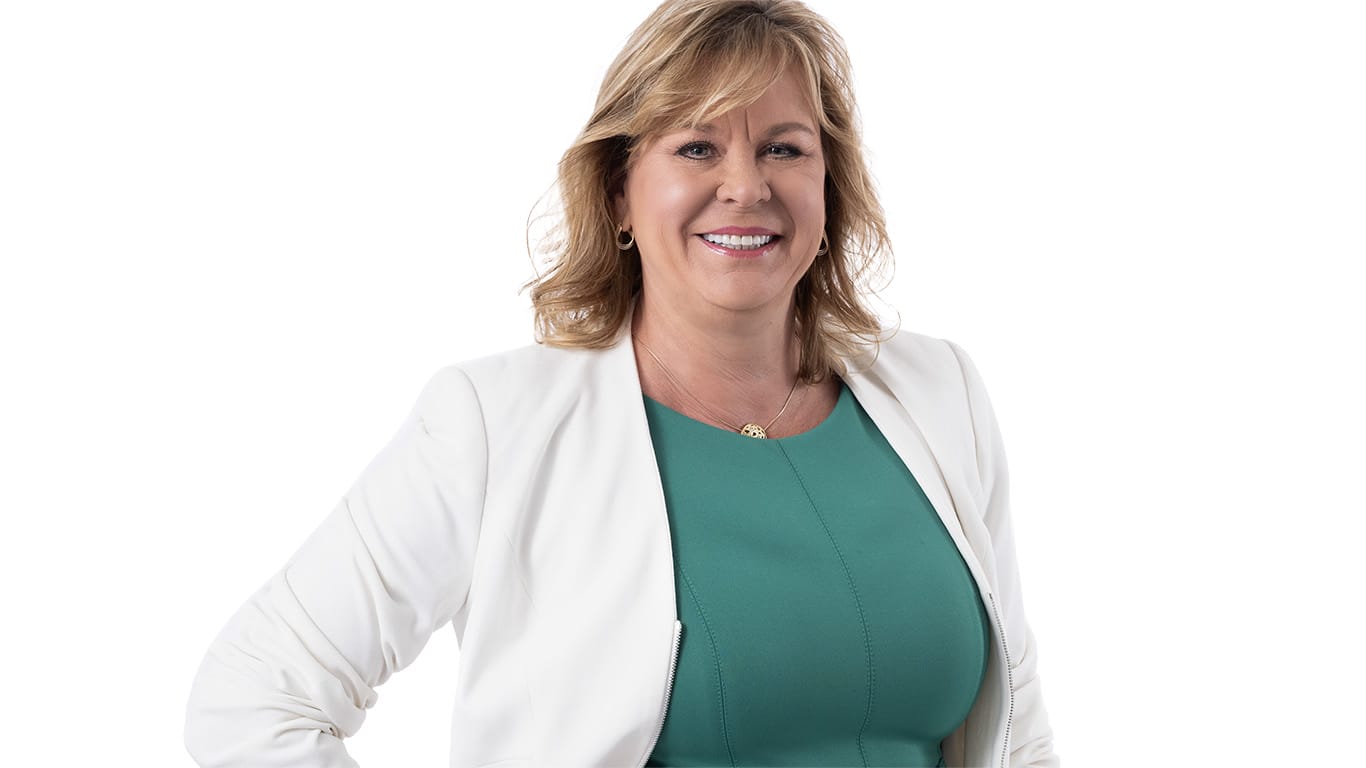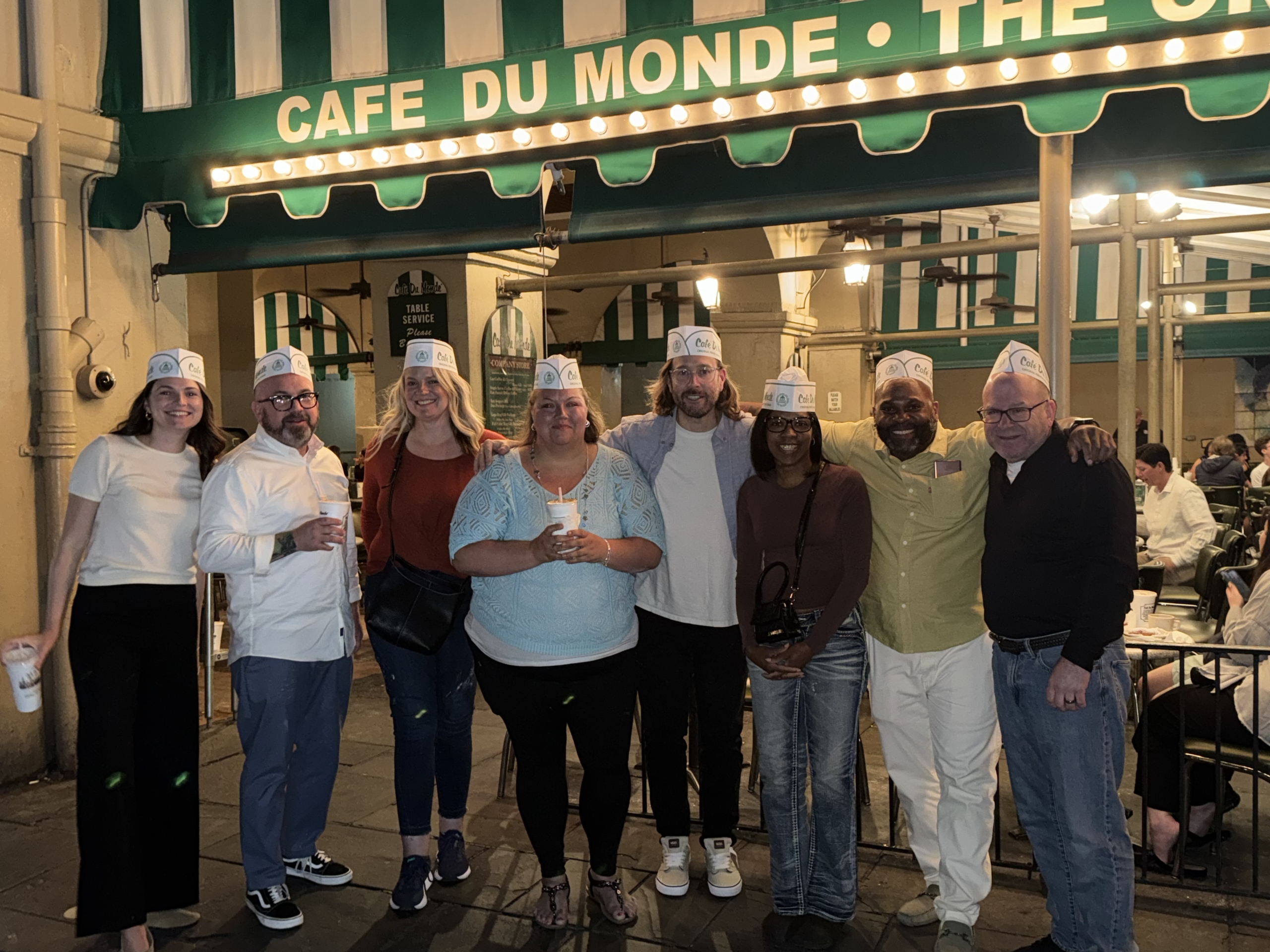Televerde’s Michelle Cirocco goes from cellblock to C-suite
Originally Published on AZ Big Media
The U.S. prison population was more than 1.2 million at the end of 2022, according to the Bureau of Justice Statistics, with 7% being female. In Arizona, the total prison population was nearly 34,000, with 9% of prisoners being female. Incarceration is difficult; the stigma surrounding it can prevent people from reintegrating into society and can potentially lead them to reoffend. Michelle Cirocco knows firsthand, being formerly incarcerated herself.
“Nothing says failure greater than being told that you have to go take an adult timeout, being sentenced to prison and sent to a place where the world can completely forget that you exist,” Cirocco says.
When Televerde provided her a second chance, however, she began to turn her life around. She worked for Televerde while in prison. When she was released, she continued to work her way up until she reached the executive suite. Now, she is the chief impact officer for Televerde as well as the Televerde Foundation CEO.
“It was a company that believed in me at a time when I could barely believe in myself or I was just learning how to believe in myself,” she says.
Az Business talked with Cirocco to know more about her leadership at Televerde and her goals to help the incarcerated community.
Az Business: Could you talk about your responsibilities at the foundation and at Televerde?
Michelle Cirocco: Televerde is a for-profit business that’s providing jobs and training, and runs call centers inside women’s correctional facilities all over the country. My responsibility there is to help the world understand that prison jobs matter. If more businesses would get involved in doing the right thing as it relates to how we create prison-to-workforce pipelines, then we can make a huge difference in mass incarceration. That’s my responsibility with the for-profit business — how do I help more businesses understand, get involved and create more opportunities for more jobs for people in prison. On the not-for-profit business, my role is really about how do we grow, how do we raise the funds, how do we get the partnerships and the support and everything we need to be able to continue to bring meaningful programs into the prisons? How do we expand our workforce development centers to more prisons to reach more people?
AB: What is your leadership style?
MC: As a leader, I always say that each person in the organization has a business to run and my role as a leader is to make sure that they have the tools, resources and support they need to be successful and then removing the obstacles to make sure that they can be successful.
AB: What difficulties have you encountered when you’re in a position of leadership?
MC:Early on in my leadership journey, my story was a secret. I was told early on not to share that was my background because it would limit my credibility as an executive. So, that further promoted the stigma of what my background was. What really enabled me to put that behind me was the first time that I actually publicly shared that story, which was in 2019. I took
the stage and I shared my story with 750 business executives. What ensued after that was people coming up and telling me, “Thank you.”
AB: Is there any moment during your leadership that sticks out to you?
MC: As my career goes, there’s always these new ones that I’m like, “Oh, I’m most proud of that one.” In 2018 we did a TEDx in the women’s prison here in Arizona. That is one of the top ten things of my career. It gave 13 people the opportunity to share their story, their idea worth sharing. We invited 150 people into the prison who then had an experience that, by all accounts, changed people’s lives because they came to realize that what exists inside our prisons are people just like me and you.
AB: Is there any message you want
to say to people?
MC: I would really just challenge everybody to ask yourself, “Would you want to be judged for the worst decisions you made on the worst days of your life?” Certainly, I’m sure the answer is no. Giving people a second chance, giving people an opportunity, is the best thing that you can do for yourself, for your company, for your community.


